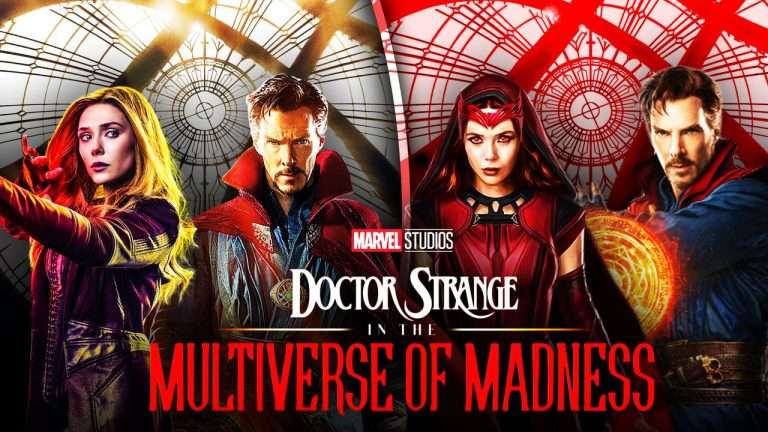Was Thanos Really Right? Breaking Down Why the Mad Titan Was Far More Evil Than Fans Think

Why Do People Think Thanos Was Right?
Ever since Avengers: Infinity War, a surprising number of fans have defended Thanos’ genocidal logic. Some argue he was the “real protagonist” of the film, while others claim his quest to “balance the universe” had noble intentions. Even celebrities like Bradley Cooper once suggested Thanos had a point.
But the truth is far simpler — and far darker. Behind the philosophical facade of balance and necessity was a narcissist drunk on power. Thanos wasn’t a tragic visionary; he was a deluded warlord using false morality to justify his sadism.
Was Thanos’ Plan Even Logical?
Thanos’ infamous “solution” — wiping out half of all life — was rooted in an outdated, debunked population theory known as Malthusianism. The idea that overpopulation inevitably leads to scarcity has long been disproved. Intelligent civilizations can create renewable energy, optimize food production, and redistribute resources without resorting to genocide.
Even worse, Thanos’ Snap didn’t just affect humans; it obliterated plants, bacteria, and ecosystems. That would lead to catastrophic collapse — not balance. His logic failed on every level. If he truly wanted to help the universe, he could have used the Infinity Stones to create more resources, not erase life. But that wasn’t his goal. He wanted power, control, and submission.
Was Thanos Actually Motivated by “Balance”?
Thanos’ backstory makes his obsession clearer. After the fall of his home planet, Titan, he became consumed by the fact that no one listened to his “solution.” His crusade to eliminate half of all life wasn’t about justice — it was about proving he was right.
When his first plan failed, he dropped all pretense of balance and promised to destroy everything to rebuild a universe that would “gratefully” worship him. That’s not altruism — that’s god-complex narcissism.
Did Thanos Lie About His Motives?
Despite Nebula’s claim that her father “wasn’t a liar,” Thanos’ actions prove otherwise. He deceived allies like Ronan, slaughtered the Dwarves of Nidavellir after using them, and gaslit his own daughters into self-hatred. His so-called “honor” was performative — a mask to disguise manipulation and cruelty.
Even his claim of mercy toward Gamora’s planet was false. The supposed “paradise” he bragged about turned out to be just another ruined world. His entire ideology was built on deceit.
Was Thanos Truly a Godlike Being — or Just a Tyrant?
Thanos saw himself as a god. With unlimited power, he stopped caring about truth, morality, or consequence. His arrogance grew so vast that he believed reality itself could bend to his will — and he wasn’t entirely wrong. But absolute power didn’t make him divine; it made him detached, cruel, and delusional.
Like every tyrant in history, Thanos justified atrocity through “the greater good.” The difference was that he had the means to make his delusion cosmic.
Did Thanos Enjoy the Pain He Caused?
Absolutely. His sadistic pleasure was evident. “What I’m about to do to your stubborn, annoying little planet… I’m gonna enjoy it. Very, very much,” he sneered before the Battle of Earth. From torturing Nebula to forcing Wanda and Peter Quill into emotional agony, his actions reveal a man who relished suffering.
Thanos smiled as he strangled Loki, toyed with the Hulk for amusement, and preached “mercy” while committing atrocities. His “inevitability” wasn’t destiny — it was entitlement cloaked in delusion.
The Final Verdict: Was Thanos Truly Evil?
Yes — more than most villains in cinema history. Thanos wasn’t a misunderstood antihero. He was a narcissistic, sadistic sociopath who used the language of morality to justify annihilation. His intelligence only made him more dangerous, because he knew better — and still chose to play god.
Behind every rationalization he made was the same truth: Thanos didn’t want to save the universe. He wanted to rule it.






